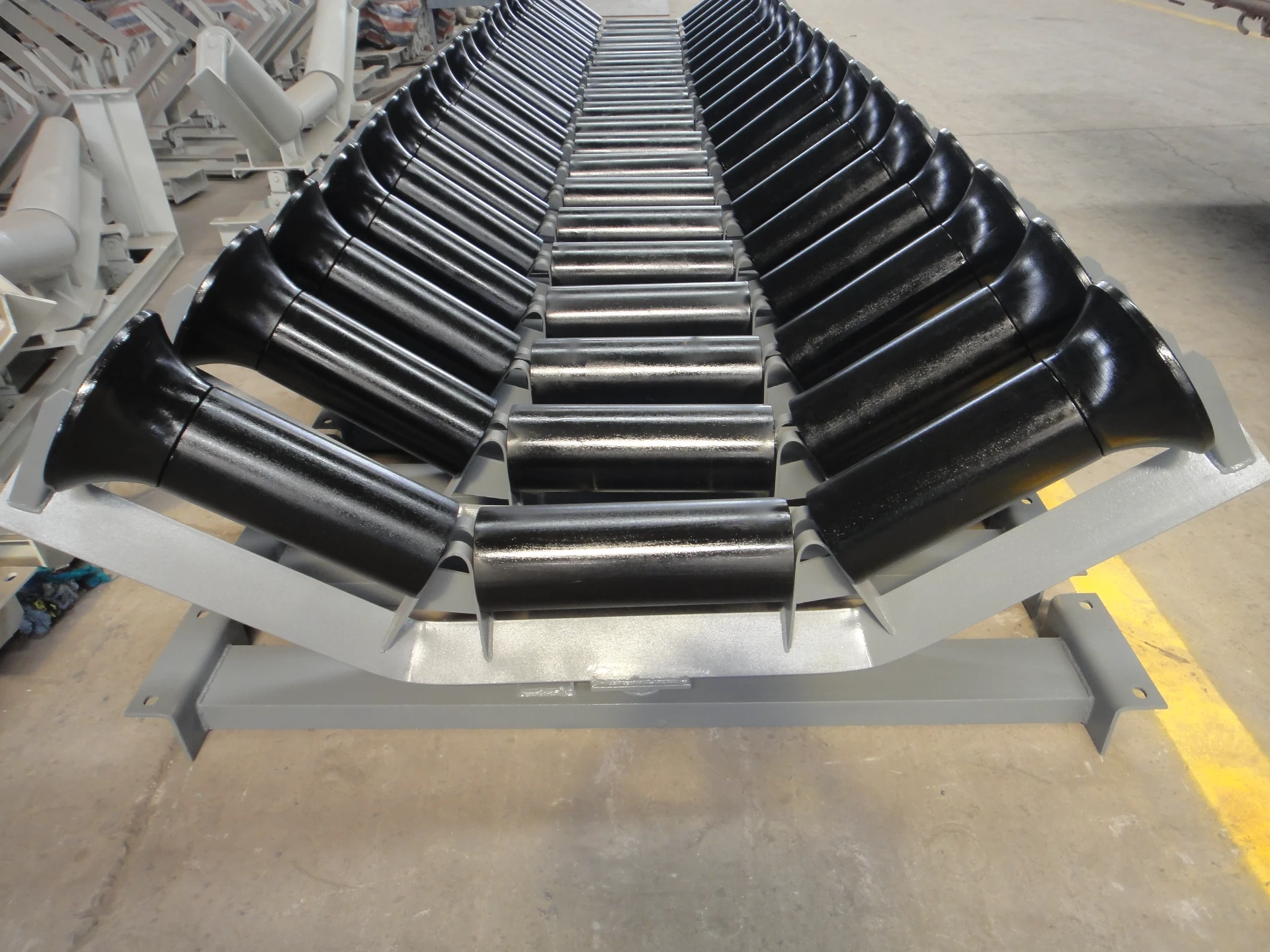 Afrikaans
Afrikaans  Albanian
Albanian  Amharic
Amharic  Arabic
Arabic  Armenian
Armenian  Azerbaijani
Azerbaijani  Basque
Basque  Belarusian
Belarusian  Bengali
Bengali  Bosnian
Bosnian  Bulgarian
Bulgarian  Catalan
Catalan  Cebuano
Cebuano  Corsican
Corsican  Croatian
Croatian  Czech
Czech  Danish
Danish  Dutch
Dutch  English
English  Esperanto
Esperanto  Estonian
Estonian  Finnish
Finnish  French
French  Frisian
Frisian  Galician
Galician  Georgian
Georgian  German
German  Greek
Greek  Gujarati
Gujarati  Haitian Creole
Haitian Creole  hausa
hausa  hawaiian
hawaiian  Hebrew
Hebrew  Hindi
Hindi  Miao
Miao  Hungarian
Hungarian  Icelandic
Icelandic  igbo
igbo  Indonesian
Indonesian  irish
irish  Italian
Italian  Japanese
Japanese  Javanese
Javanese  Kannada
Kannada  kazakh
kazakh  Khmer
Khmer  Rwandese
Rwandese  Korean
Korean  Kurdish
Kurdish  Kyrgyz
Kyrgyz  Lao
Lao  Latin
Latin  Latvian
Latvian  Lithuanian
Lithuanian  Luxembourgish
Luxembourgish  Macedonian
Macedonian  Malgashi
Malgashi  Malay
Malay  Malayalam
Malayalam  Maltese
Maltese  Maori
Maori  Marathi
Marathi  Mongolian
Mongolian  Myanmar
Myanmar  Nepali
Nepali  Norwegian
Norwegian  Norwegian
Norwegian  Occitan
Occitan  Pashto
Pashto  Persian
Persian  Polish
Polish  Portuguese
Portuguese  Punjabi
Punjabi  Romanian
Romanian  Russian
Russian  Samoan
Samoan  Scottish Gaelic
Scottish Gaelic  Serbian
Serbian  Sesotho
Sesotho  Shona
Shona  Sindhi
Sindhi  Sinhala
Sinhala  Slovak
Slovak  Slovenian
Slovenian  Somali
Somali  Spanish
Spanish  Sundanese
Sundanese  Swahili
Swahili  Swedish
Swedish  Tagalog
Tagalog  Tajik
Tajik  Tamil
Tamil  Tatar
Tatar  Telugu
Telugu  Thai
Thai  Turkish
Turkish  Turkmen
Turkmen  Ukrainian
Ukrainian  Urdu
Urdu  Uighur
Uighur  Uzbek
Uzbek  Vietnamese
Vietnamese  Welsh
Welsh  Bantu
Bantu  Yiddish
Yiddish  Yoruba
Yoruba  Zulu
Zulu pu rubber roller
Understanding PU Rubber Rollers Advantages and Applications
Polyurethane (PU) rubber rollers have become an integral component in various industrial applications due to their unique properties and performance characteristics. Offering versatility, durability, and efficiency, PU rubber rollers are widely utilized in manufacturing processes ranging from printing and packaging to textile and metalworking industries.
What are PU Rubber Rollers?
PU rubber rollers are cylindrical components coated with polyurethane, a synthetic polymer known for its elasticity, abrasion resistance, and flexibility. The choice of PU over traditional rubber materials stems from its superior performance characteristics, making it suitable for a wide range of tasks. The manufacturing process typically involves pouring liquid polyurethane over a core material, which hardens to form the desired shape and characteristics.
Key Characteristics
1. Durability One of the most significant advantages of PU rubber rollers is their exceptional durability. PU materials are highly resistant to wear and tear, making them ideal for high-speed operations where traditional rubber might fail.
2. Versatility PU rubber rollers can be formulated to achieve various hardness levels by adjusting the chemical composition, allowing for tailored solutions to meet specific application requirements.
3. Abrasion Resistance PU exhibits impressive abrasion resistance, which prolongs the lifespan of the roller and reduces maintenance costs. This property is particularly important in environments where debris and grime can cause damage.
pu rubber roller

5. Reduced Noise and Vibration The flexibility of PU material helps absorb vibrations, leading to quieter operation—a crucial factor in many production settings.
Applications of PU Rubber Rollers
1. Printing Industry In printing applications, PU rollers are essential for transferring ink evenly onto substrates. Their smooth surface ensures high-quality prints, while their durability withstands the rigorous demands of high-speed printing processes.
2. Packaging PU rubber rollers are extensively used in packaging machinery, particularly for conveyor systems and sealing applications. Their ability to handle various packaging materials without damaging them makes them a preferred choice.
3. Textile Industry In textiles, PU rollers are used in processes such as dyeing, coating, and finishing fabrics. The ability to customize the hardness and texture of the rollers allows for better control over fabric treatment.
4. Metalworking PU rollers play a crucial role in metal processing tasks, such as rolling and leveling. They provide the necessary support and grip to handle heavy metal sheets without leaving marks or damage.
5. Food Processing Due to their chemical resistance and ease of cleaning, PU rubber rollers are increasingly used in food processing and packaging, ensuring hygiene and compliance with safety standards.
Conclusion
PU rubber rollers have transformed the landscape of industrial applications by combining strength, versatility, and longevity. Businesses looking to enhance efficiency and reduce downtime in various processes can greatly benefit from integrating PU rollers into their operations. As technology continues to advance, the development of even more specialized PU formulations will likely open new doors for their application across different industries. With their unmatched benefits, PU rubber rollers are set to remain a staple in manufacturing environments for years to come.
-
Revolutionizing Conveyor Reliability with Advanced Rubber Lagging PulleysNewsJul.22,2025
-
Powering Precision and Durability with Expert Manufacturers of Conveyor ComponentsNewsJul.22,2025
-
Optimizing Conveyor Systems with Advanced Conveyor AccessoriesNewsJul.22,2025
-
Maximize Conveyor Efficiency with Quality Conveyor Idler PulleysNewsJul.22,2025
-
Future-Proof Your Conveyor System with High-Performance Polyurethane RollerNewsJul.22,2025
-
Driving Efficiency Forward with Quality Idlers and RollersNewsJul.22,2025





























